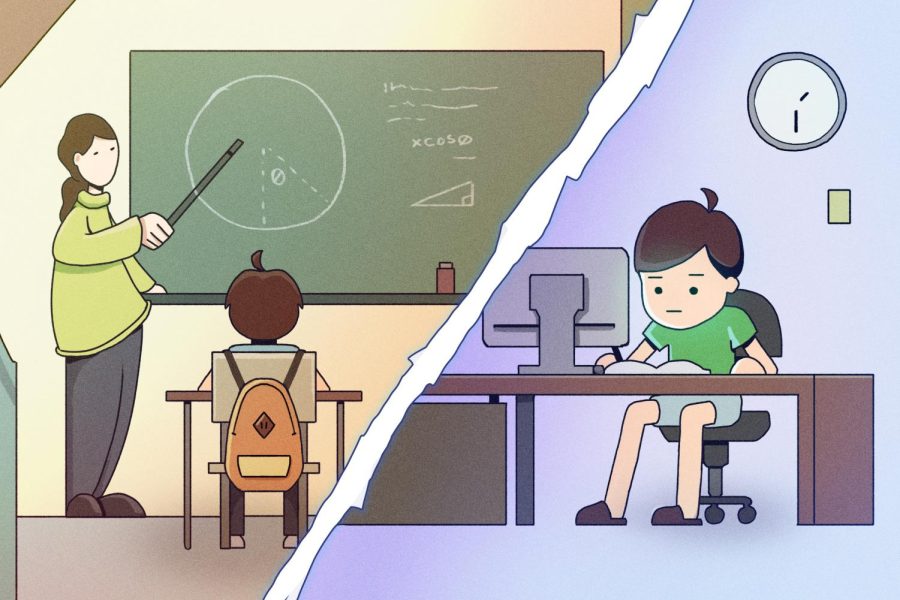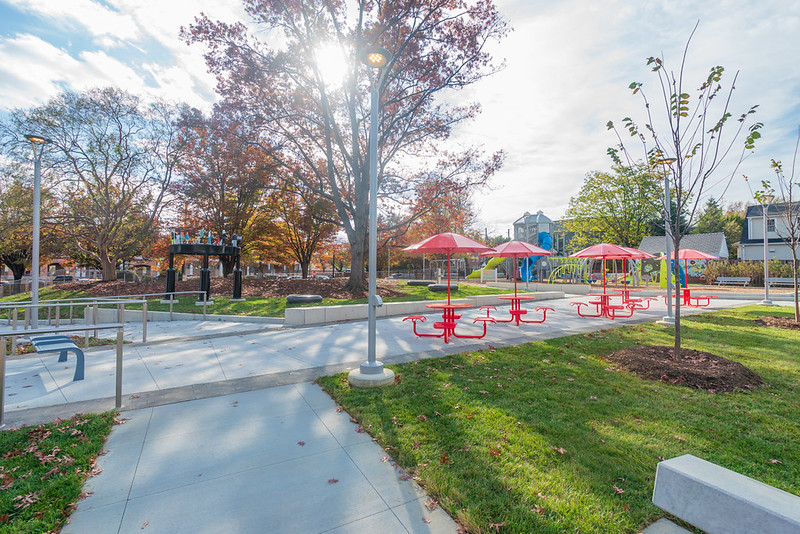Students always enjoy the occasional delayed opening, exam week, HSAs and other opportunities to sleep in instead of attending an early class. But these uncommon occasions may become everyday life for students in the near future.
Since its introduction in October, an online petition for later start times in Montgomery County high schools has collected over 7,500 signatures from students, teachers and parents. The county has recognized the petition and proponents hope the movement could start policy discussion by the county. But, the proposal faces opposition based on possible costs and logistical concerns of the shift in start times.
“Everybody wants more sleep, including myself,” principal Alan Goodwin said.
But, Goodwin also cited many complications of the proposed time shift, including extending the school day, economic costs and a lack of significant benefits. With increased traffic later in the morning, students would only gain about 30 minutes of sleep, he said.
Mandi Mader, an adolescent psychotherapist and parent of two students in the Walter Johnson cluster, started the petition on signon.org. She thinks that even with possible issues, the problem must be addressed.
“They’re walking around with chronic sleep deprivation and I just got increasingly frustrated,” she said of her decision to start the petition.
Most students can’t even fall asleep until 11, and then have to wake up so early that they never get enough sleep, she said. Teenagers need about nine hours of sleep each night to function best, according to the National Sleep Foundation. Early start times result in most students getting much less than the recommended amount of sleep.
“The last three or four years I’ve become increasingly frustrated at not being able to help my patients as much as I’d like,” she said. “I beg them, ‘You have to get more sleep’ but they just say, ‘I can’t, I can’t, I can’t.’”
When teens get the recommended amount of roughly 9 hours of sleep, they perform better in school, have better attendance, visit the nurse less, get in fewer traffic accidents and report better mental health, the petition said.
The extra sleep would be beneficial, students said. But the change could also have harms, many said.
“The school day would have to end later, which no one wants,” junior Carson Lystad said.
Montgomery County last addressed the issue in 1999, when it performed a study on the costs and benefits of the start-time shift. The study found inconclusive results on benefits of the shift outweighing possible costs. The report found various issues and estimated economic costs as high as $11 million associated with the altered start times.
“There would be a number of logistical issues including transportation, after-school activities, athletics and child care,” MCPS spokesperson Dana Tofig said. “And there certainly would be costs,” mostly due to added bus routes, he said.
Mader, however, thinks that the switch can be achieved at no cost. Some school systems that pushed back start times did not see any financial costs, and in one system it saved money, she said.
“It all depends on how each individual school system works it,” she said.
In a county as large as Montgomery, however, an effective switch would be costly, Goodwin said.
Arlington County switched to the later start times for high school and found a “slight improvement” in student grades after the change, according to a 2005 county study.
“Starting school before 8:15 a.m., without a doubt, undermines optimal academic achievement,” the petition concludes.








